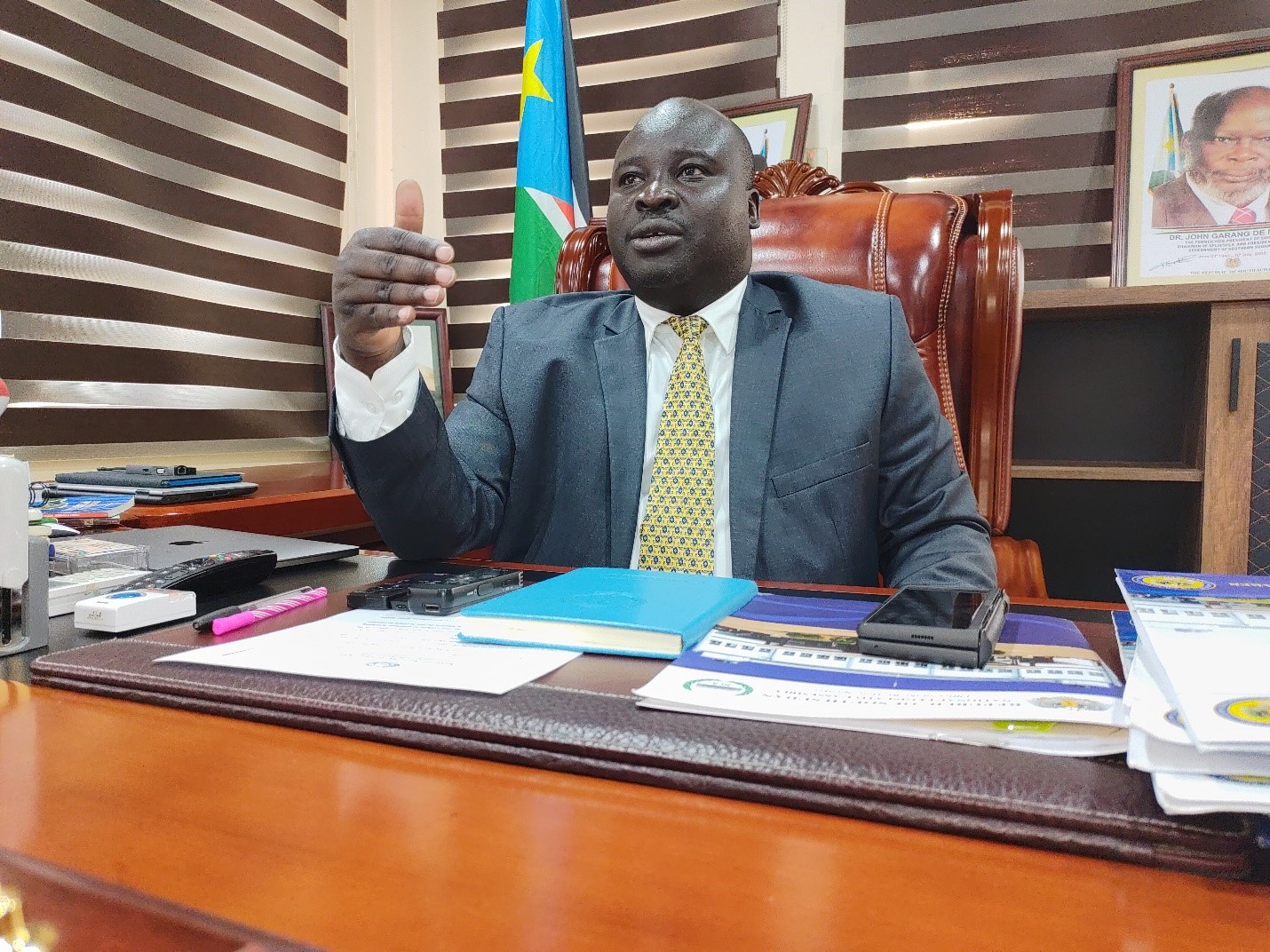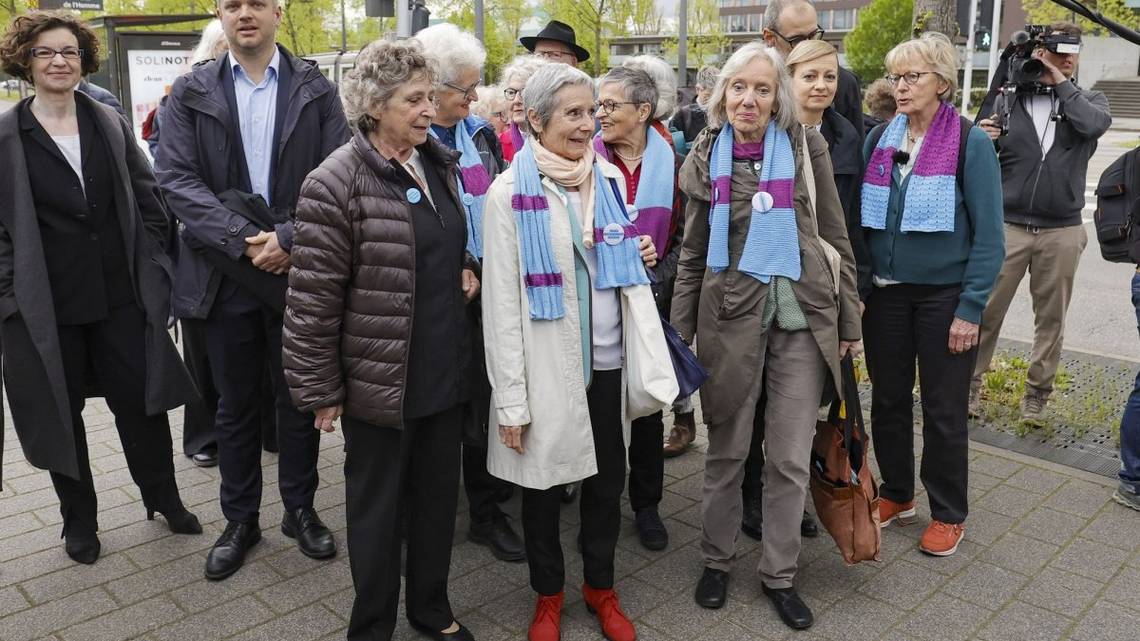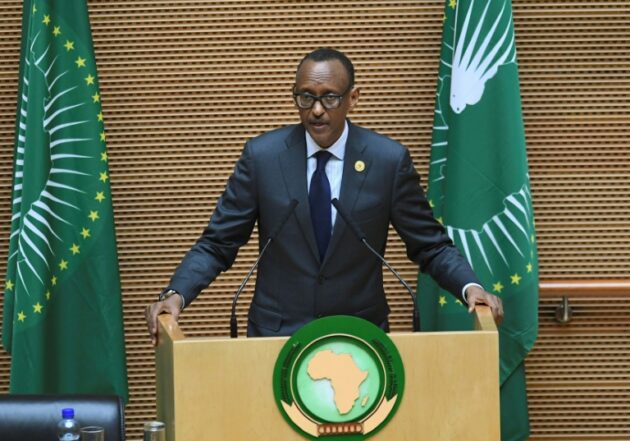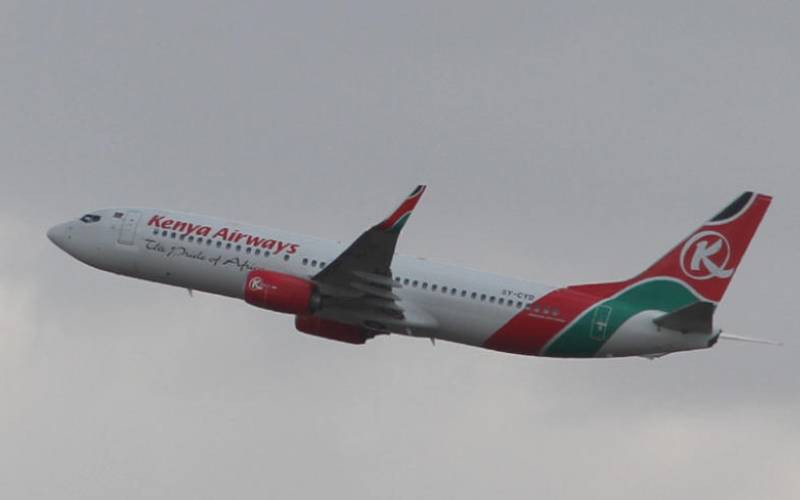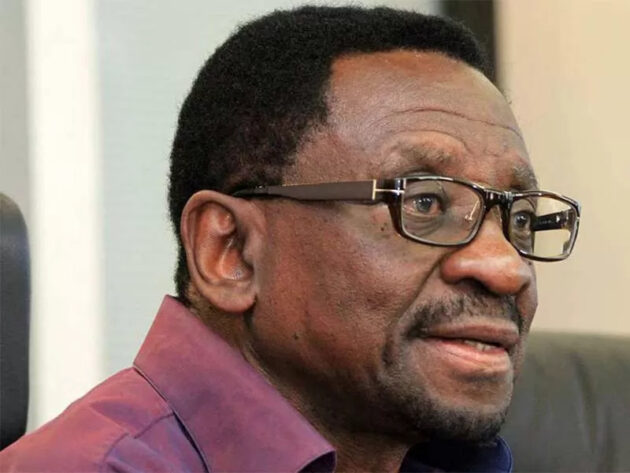- Details
- Julius Mbaluto
- East Africa
- 143
The Sudan People’s Liberation Movement in Opposition (SPLM-IO) accused the executive of trying to stifle the implementation of the revitalised peace agreement by cash-strapping some electoral bodies.
The Deputy Chairman of SPLM-IO, Oyet Nathaniel, issued a statement on Monday, noting that the act of delayed funding for all the critical institutions signified the lack of political will to implement the R-ARCSS.
Oyet noted that the council of ministers met on February 9 and passed the supplementary budgets for six critical election institutions, but only two of them were funded: the Political Parties Council and the National Elections Commission.
According to Oyet, the Cabinet had cleared a supplementary budget for the electoral bodies in the following manner. The National Constitutional Review Commission was allocated $23.7 million out of $43 million requested, the Political Parties Council $16.3 Million out of $60 Million requested, National Elections Commission $27.2 Million out of $230.5 Million requested, the National Bureau of Statistics $12.1 Million out of $107 million requested, National Transitional Committee $9.4 Million out of $130 Million requested, and elections security by the ministry of interior $13.6 out of $105 Million requested.
However, he noted that only the PPC and the NEC got the partial funding.
He said, “political parties’ council, only $5 million out of the Targeted supplementary budget of $16 Million, and the National Elections Commission with only $15 Million out of the targeted Supplementary budget of $27 million.”
“We would like to state that this is a deliberate plan to undermine the most critical institutions of the agreement leading to the conduct of elections. This further demonstrates the lack of political will for the implementation of the R-ARCSS in letter and spirit,” Oyet noted.
The Sudan People’s Liberation Movement in Opposition (SPLM-IO), one of the main signatories to the R-ARCSS has been vocal about implementing the remaining tasks and funding the pre-election institutions.
In March 2024, during a press conference, the deputy chairman of the SPLM–IO Oyet said his party would not participate in the polls without prerequisite tasks in place for elections.
According to him, some of the prerequisites include a permanent constitution-making process and a National population Census which fall under the National Constitutional Review Commission (NCRC) National Bureau of Statistics (NBS).
Last week, the Chairperson of the Political Parties Council, James Akol, announced that the electoral institutions had enough resources to hold the December polls.
“We all know that in December 2024 there is an election. As such the electoral institutions have been avail sufficient resources necessary, among them is a political party council.
We have the necessary resources that you people need to be able to go for the election “This is an official statement from me that we have been resourced; we have been given the necessary resources that are meant for the election,” said Akol during the validation of the code of conduct for the political parties forum held at the Pyramid Hotel.
Funding cleared for electoral bodies
NCRC- $23.7M out of $43M
PPC- $16.3M out of $60M
NEC- $27.2M out of $230.5M
NBS- $12.1M out of $107M
NTC- $9.4M out of $130M
Security- $13.6M out of $105M By Chol Mawel, Tower Post



